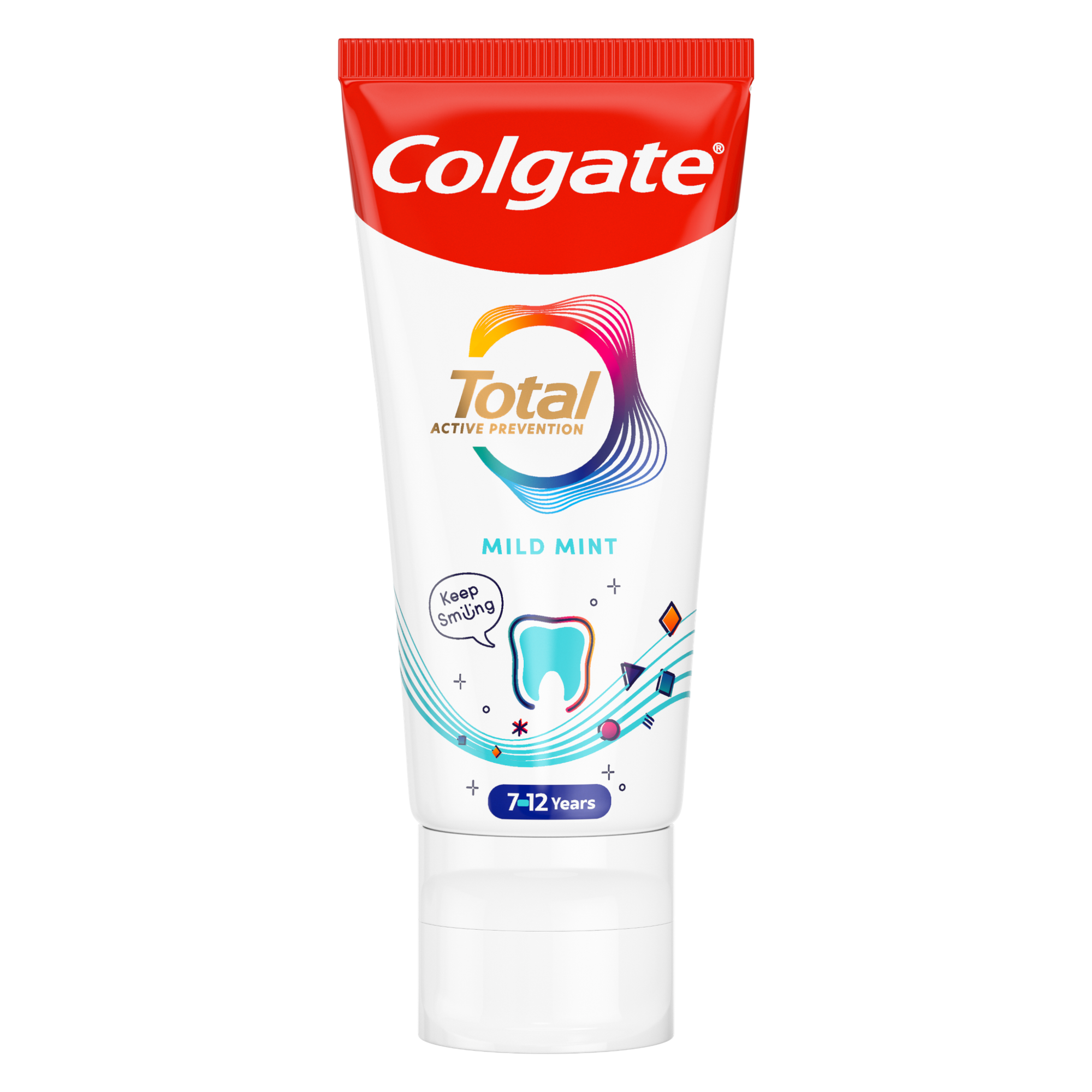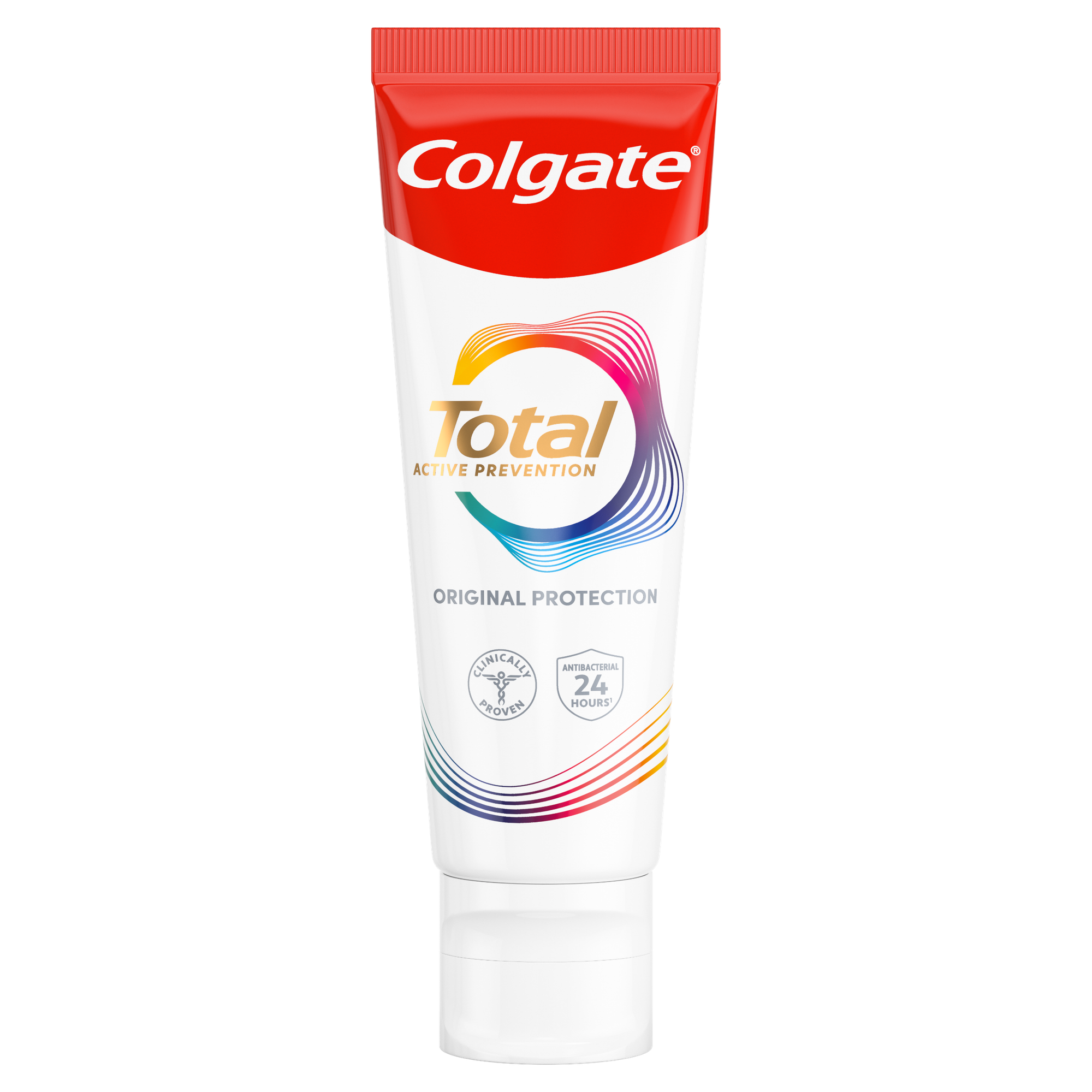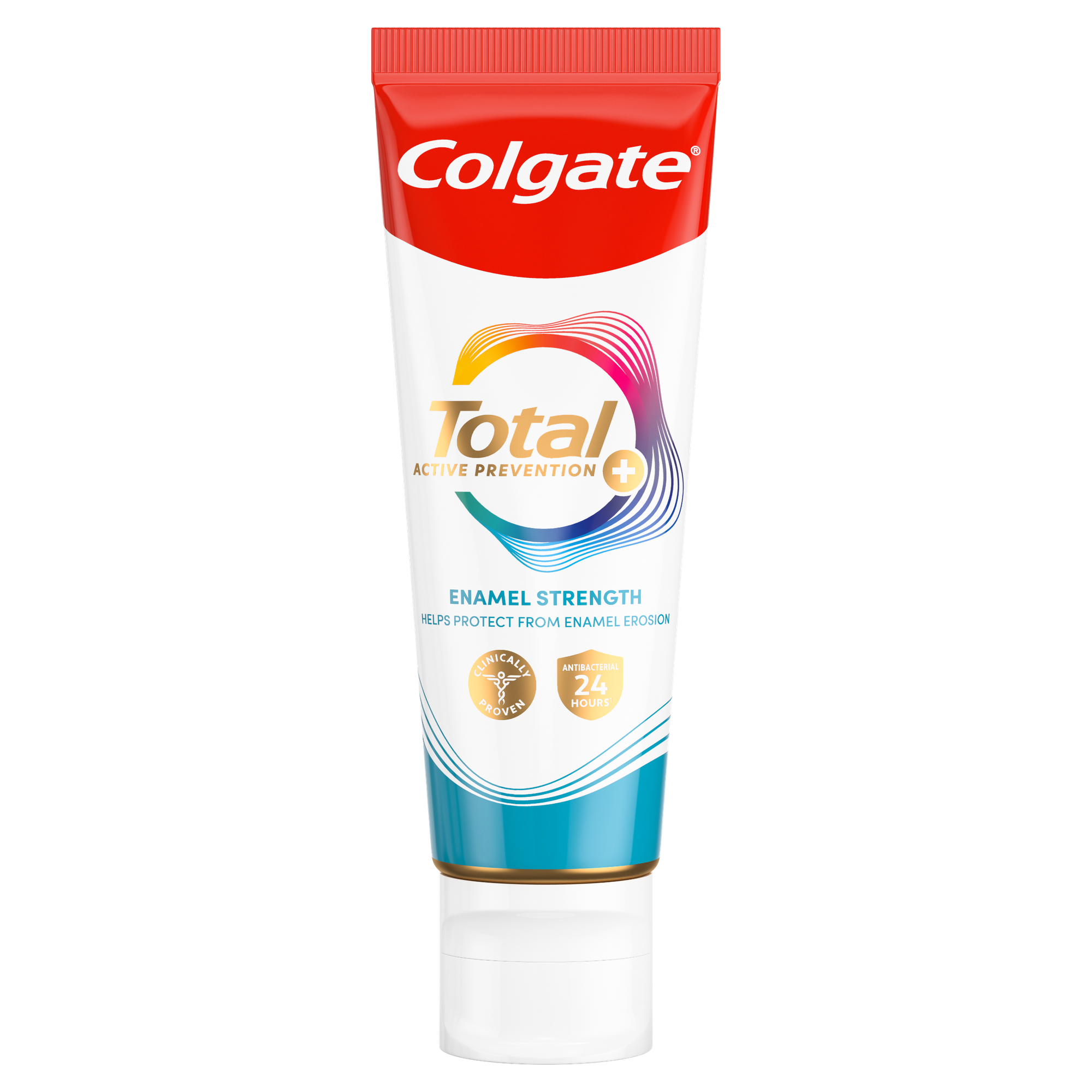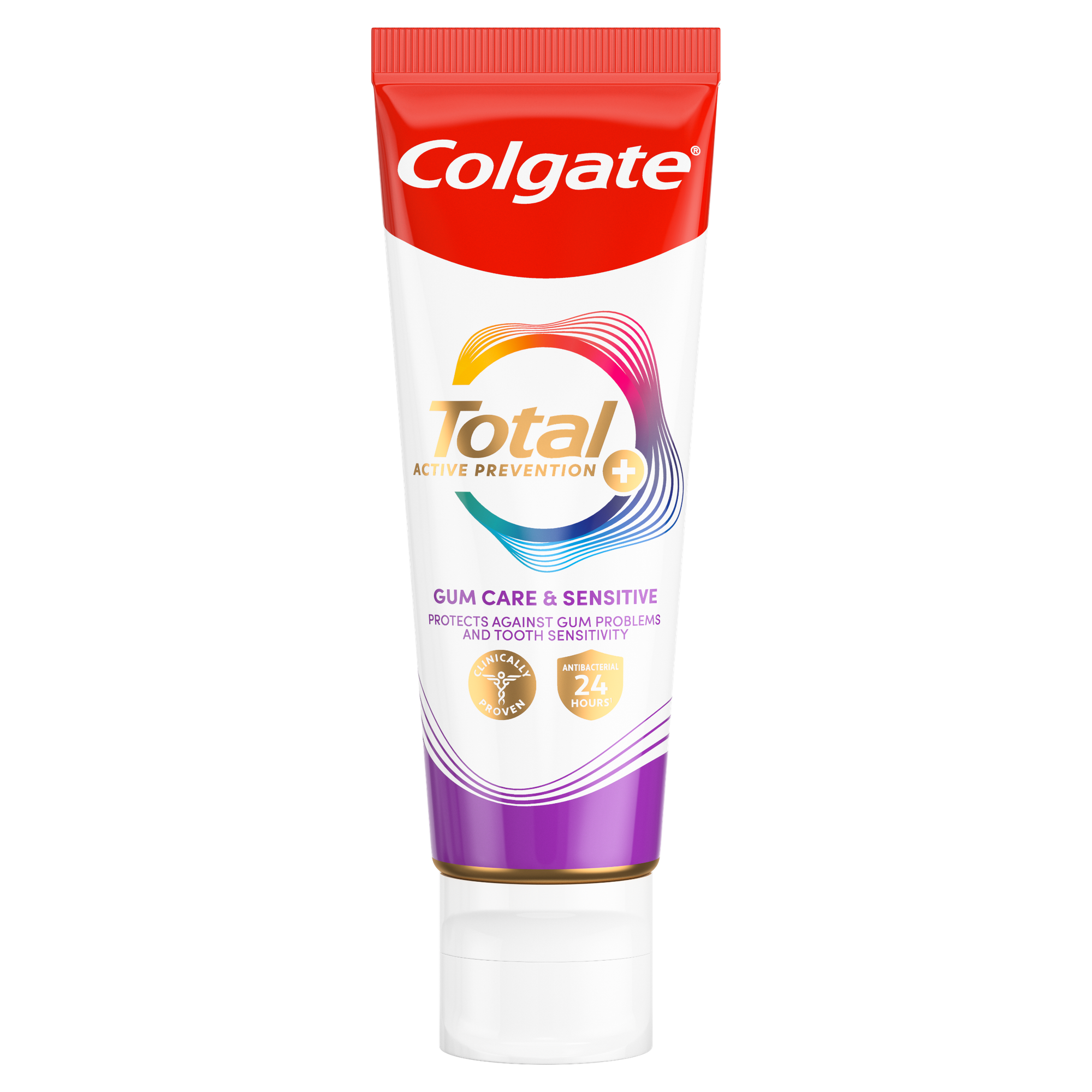- Coronal cavities - the most common type occurring in both children and adults, coronal cavities usually are located on chewing surfaces or between the teeth
- Root cavities - as we age, gums can recede, leaving parts of the tooth root exposed. Since there is no enamel covering tooth roots, these exposed areas easily decay.
- Recurrent decay - decay can form around existing fillings and crowns. This is because these areas may have a tendency to accumulate plaque, which can ultimately lead to decay.
Adults are especially at risk for cavities if they suffer from Dry mouth, a condition due to a lack of saliva. Dry mouth may be caused by illness, medications, radiation therapy and chemotherapy, and may be either temporary (days to months) or permanent, depending on its cause.
Cavities are very serious. Left untreated, a cavity can destroy your tooth and kill the delicate nerves at its center, which may result in an abscess, an area of infection at the root tip. Once an abscess forms, it can only be treated with a root canal, surgery or by extracting the tooth.
How Do I Know if I Have a Cavity?
Only your dentist can tell for sure whether you have a cavity. That's because cavities develop below the tooth's surface, where you can't see them. When you eat foods that contain carbohydrates (sugars and starches), these carbohydrates are eaten by the bacteria in plaque, producing acids that eat into the tooth. Over time, the tooth enamel begins to break down beneath the surface while the surface remains intact. When enough of the sub-surface enamel is eaten away, the surface collapses, forming a cavity.
Cavities are most likely to develop in pits on the chewing surfaces of the back teeth, in between teeth, and near the gumline. But regardless of where they occur, the best way to spot them and treat them before they become serious is by visiting your dentist regularly for checkups.
How Can I Help Prevent Cavities?
- Brush at least twice a day and floss daily to remove plaque from between teeth and below the gumline.
- Have regular dental checkups. Preventative care can help stop problems from occurring and keep minor problems from becoming major ones.
- Eat a well-balanced diet that limits starchy or sugary foods. When you do eat these foods, try to eat them with your meal instead of as a snack to minimize the number of times that your teeth are exposed to acid.
- Use dental products that contain fluoride, including toothpaste.
- Check if your children's drinking water is fluoridated. If your water supply does not contain fluoride, your dentist or pediatrician may prescribe daily fluoride supplements.
This article is intended to promote understanding of and knowledge about general oral health topics. It is not intended to be a substitute for professional advice, diagnosis or treatment. Always seek the advice of your dentist or other qualified healthcare provider with any questions you may have regarding a medical condition or treatment.
ORAL HEALTH QUIZ
What's behind your smile?
Take our Oral Health assessment to get the most from your oral care routine
ORAL HEALTH QUIZ
What's behind your smile?
Take our Oral Health assessment to get the most from your oral care routine













